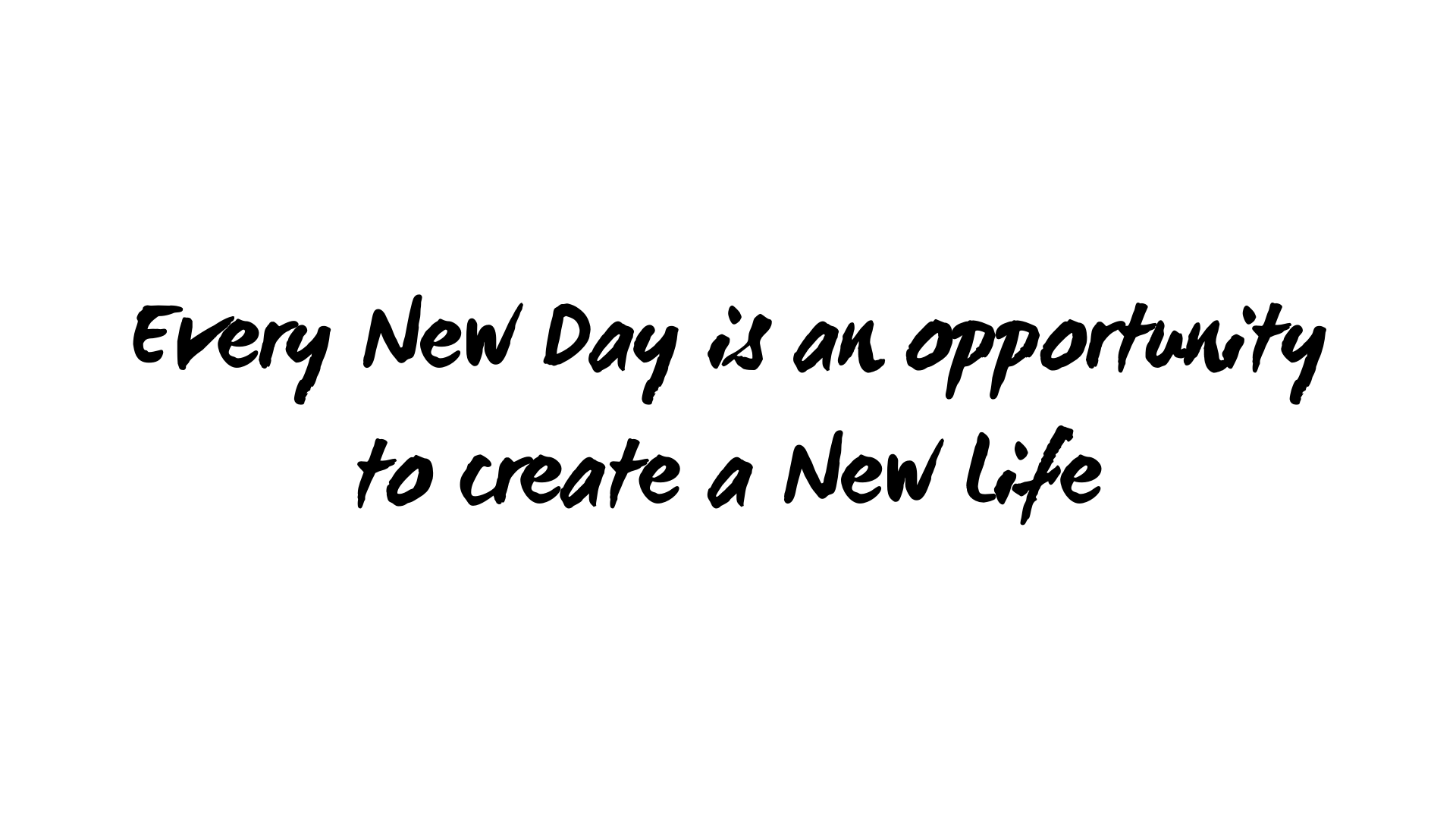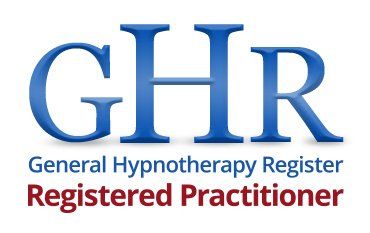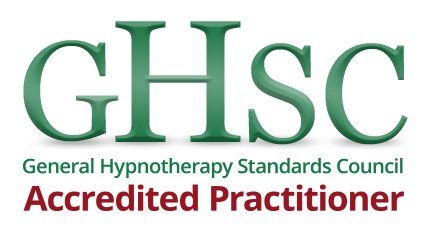About Flash Technique
About Flash Technique
What is the Flash Technique?
Flash Technique was developed as an addition to the preparation phase of EMDR protocol (Eye Movement Desensitization and Reprocessing). Flash Technique has demonstrated its effectiveness in reducing the disturbance level associated with severely painful or distressing memories. Flash Technique also utilizes the eye movements that are well known from the EMDR approach or alternating tapping and is designed to resolve unprocessed traumatic memories in the brain. Clients could describe the process as helping the individuals to kind of distance themselves from those traumatic memories.
FT does not require the client to consciously engage with the traumatic/distrubing memory. This allows the client to process traumatic memories without feeling distressed.
How does Flash Technique work?
A Flash Technique-trained therapist will ask the client to identify a trauma memory or disturbing memory that the client would like to work on. Flash Technique developer suggested that unresolved traumatic memories are responsible for most non-organic symptoms. If the client's presenting symptom is not linked with a specific memory, then the therapist will help and safely guide the client to find the memory that seems to be creating the symptom. After identifying the targeted memory the therapist will ask the client to turn his or her attention to a positive and engaging memory, this can be an image, activity, piece of music or visualization that is not related to the targetted and disturbing memory. While the client is continuously focusing on this positive distraction, the client periodically is asked to briefly interrupt that focus. Processing of the target memory is accomplished without the client consciously attending to the original disturbing memory.
Who may benefit from the Flash Technique?
Flash Technique may help children and adults of all ages. It may be useful in a wide variety of presenting complaints including anxiety, obsessive-compulsive disorder, depression and more.





